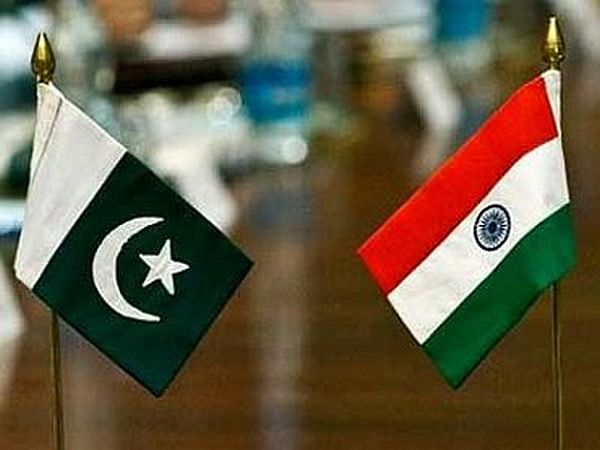Washington [US], October 18 (ANI): The World Bank has made appointments in two separate processes requested by India and Pakistan in relation to the Kishenganga and Ratle hydroelectric power plants.
It has appointed a chairman of the Court of Arbitration and a neutral expert “in line with its responsibilities” under the Indus Waters Treaty.
A World Bank release said that the two countries disagree over whether the technical design features of the two hydroelectric plants contravene the Treaty.
It said Pakistan asked the World Bank to facilitate the establishment of a Court of Arbitration to consider its concerns about the designs of the two hydroelectric power projects, while India asked for the appointment of a Neutral Expert to consider similar concerns over the two projects.
Michel Lino has been appointed as the Neutral Expert and Sean Murphy has been appointed as Chairman of the Court of Arbitration. They will carry out their duties in their individual capacity as subject matter experts and independently of any other appointments they may currently hold, the release said.
The World Bank said it continues to share the concerns of the parties that carrying out the two processes concurrently poses practical and legal challenges.
“The World Bank is confident that the highly qualified experts appointed as Neutral Expert and as members of the Court of Arbitration will engage in fair and careful consideration of their jurisdictional mandate, as they are empowered to do by the Treaty,” the release said.
The Indus Waters Treaty was signed in 1960 after nine years of negotiations between India and Pakistan with the help of the World Bank, which is also a signatory.
“The negotiations were the initiative of former World Bank President Eugene Black. Seen as one of the most successful international treaties, it has survived frequent tensions, including conflict, and has provided a framework for irrigation and hydropower development for more than half a century,” according to the World Bank factsheet.
The Treaty allocates the Western Rivers (Indus, Jhelum, Chenab) to Pakistan and the Eastern Rivers (Ravi, Beas, Sutlej) to India. At the same time, the Treaty allows each country certain uses on the rivers allocated to the other. (ANI)
This report is auto-generated from ANI news service. ThePrint holds no responsibility for its content.



